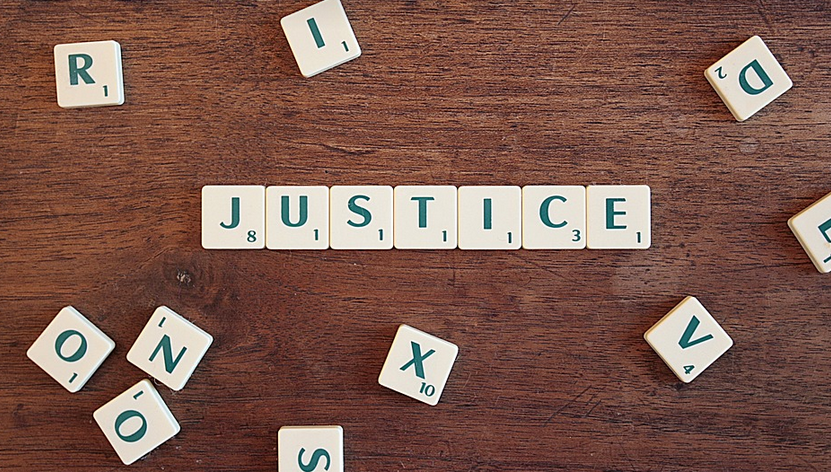The Ground Rules: What Exactly Can You Record?
First things first, let’s get clear on what we’re talking about. Alabama law is relatively straightforward when it comes to recording conversations. The state adheres to a “two-sided” approach – essentially saying that you can record what others are saying as long as it’s allowed *within the context of the conversation*. This means if you’re in a situation where you need to capture something for legal reasons, like a meeting with your lawyer or an important business discussion, recording is generally acceptable. However, certain conversations may fall under different legal categories, and even simple personal chats can be subject to specific rules depending on the context. For instance, if you’re in a public place like a library or at a store, you don’t inherently have to consent for others to record you (as long as it’s not for something clearly illegal). Yet, when you start recording someone else, things get more nuanced.
The “Consent” Factor: When Your Recording Becomes a Big Deal
One of the most crucial aspects of recording conversations in Alabama is consent. This means that if your conversation involves personal details, sensitive information about others or even just a general discussion with potentially embarrassing topics (think a family gathering!), you need to get permission from everyone involved before hitting the record button. Here’s why this is so important: * **Privacy Rights:** Everyone has the right to privacy in their conversations. Recording someone without their explicit consent can be considered a violation of that right, regardless if it’s your friend or someone you work with. * **Legal Consequences:** If your recording goes against Alabama law and is deemed to have violated someone’s rights, you could face legal consequences such as civil lawsuits or even criminal charges depending on the context and severity of the violation.
The Exceptions: When Consent isn’t Needed
Now, let’s talk about those “exceptions” that can make our life more complicated when recording a conversation in Alabama. First off, we have to consider if you intend to use the recording for your own benefit or for public consumption. If you’re just recording someone’s words as part of a personal conversation with them (like talking about an upcoming event), consent isn’t always required. But it’s best to be transparent and ask for permission, even if it seems like a casual exchange. This can prevent misunderstandings later on and help you avoid potential legal trouble down the road.
The Importance of Transparency
Transparency plays a huge role in the legality of recording conversations. It ensures everyone involved is aware of what’s happening. If you’re recording someone for any reasons (business, personal, etc.), it’s crucial to be transparent about why you’re doing so.
The Big Picture: Balancing Privacy with Recording Rights
Finding the right balance between our need to record conversations and maintaining individuals’ privacy is a delicate task. Alabama law recognizes this and provides clear guidance on recording legal actions, private discussions and even those casual family get-togethers. When working through these complexities, it’s important to remember that there are always opportunities for clarity in communication. Clear expectations about recording conversations ensure everyone feels comfortable and respected while maintaining the ability for us to document meaningful interactions as needed. ***



